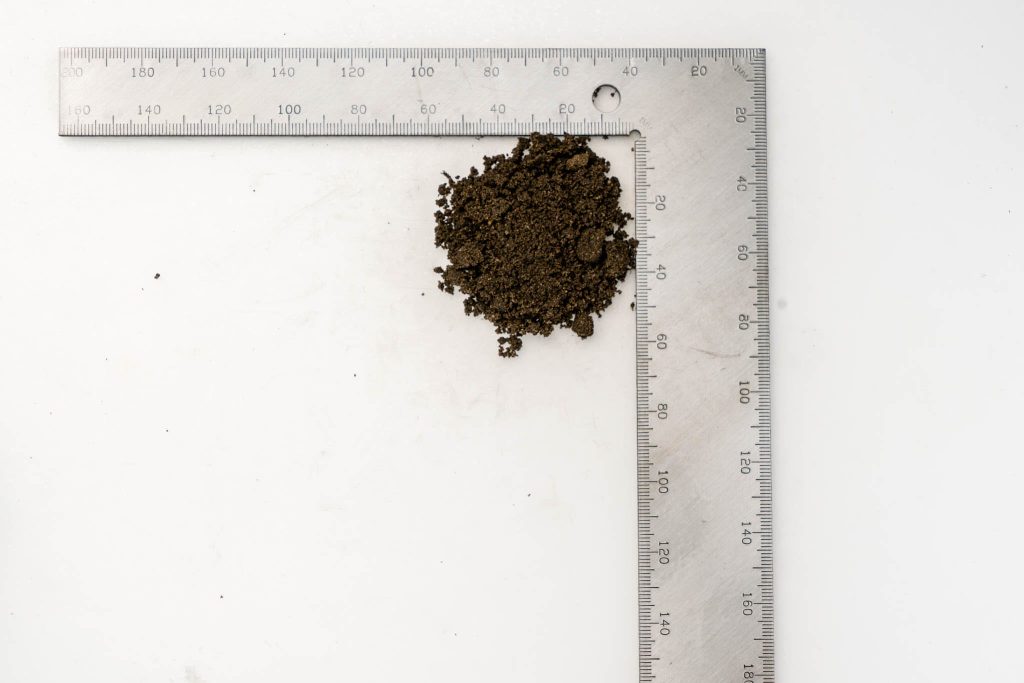Sandy loam soil, also known as”underturf”. This soil type is used for grass and plants that require lots of drainage in order to grow. Sandy Loam is a soil contains sand as a dominant component as well as containing silt and clay. Sand particles are generally more solid and larger than other types of soil particles, and this allows water to move through them more freely. Silt and clay retain water long enough for the plants to receive nutrients. Sandy loam soil is ideal for gardening, growing crops and producing great-looking lawns, especially in areas that are high in clay content. Available upon request
Applications
Gardening: Sandy loam soil is excellent for gardening because it provides good drainage, adequate moisture retention, and favorable aeration for plant roots.
Agriculture: This soil type is widely used in agriculture for growing various crops, as it offers a balance of drainage and water-holding capacity, making it suitable for a wide range of plants.
Landscaping: Sandy loam soil is commonly used for landscaping projects, such as planting lawns, trees, shrubs, and ornamental plants.
Greenhouses: Sandy loam soil can be used in greenhouse cultivation to create an ideal growing medium for a variety of plants.
Benefits
Good Drainage: Sandy loam soil has larger particles, which allows for excellent drainage. Excess water doesn’t accumulate around plant roots, reducing the risk of waterlogged conditions that can lead to root rot.
Adequate Aeration: The coarse texture of sandy loam soil promotes good aeration, allowing plant roots to access oxygen easily. This encourages healthy root development and overall plant growth.
Moisture Retention: While sandy loam soil drains well, it also retains some moisture due to the presence of finer particles like silt and clay. This helps plants access water between irrigation events.
Nutrient Retention: Sandy loam soil can hold onto nutrients more effectively than pure sandy soils, providing plants with a steady supply of essential elements.
Easy Cultivation: Sandy loam soil is relatively easy to work with, making it suitable for planting, transplanting, and other cultivation activities.
Versatility: Due to its balanced properties, sandy loam soil supports the growth of a wide variety of plants, including vegetables, fruits, flowers, and ornamentals.
Reduced Erosion: The particles in sandy loam soil help prevent soil erosion, especially when combined with appropriate planting and mulching techniques.
Early Planting: Sandy loam soil warms up quickly in the spring, allowing for earlier planting and extended growing seasons.
Soil Structure Improvement: When sandy loam soil is amended with organic matter like compost, it can improve the overall soil structure, enhance nutrient availability, and support beneficial microbial activity.
Crop Yield: The well-draining nature of sandy loam soil reduces the risk of waterlogged roots, improving the overall health of plants and contributing to higher crop yields.
Less Soil Compaction: Sandy loam soil is less prone to compaction than heavier soils like clay. This allows roots to penetrate more easily and encourages healthy root growth.
Plant Health: With its balanced characteristics, sandy loam soil provides a stable and supportive environment for plants, promoting their overall health and vigor.
It’s worth noting that while sandy loam soil has many benefits, it’s still essential to consider the specific needs of the plants you’re cultivating and adjust soil management practices accordingly. Regular soil testing, appropriate fertilisation, and proper irrigation practices will help you make the most of sandy loam soil’s advantages
Products
More like this
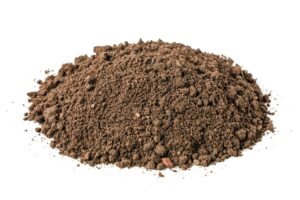
VicRoads 720 Soil
Topsoil defined as the weathered surface layer of soil that includes organic matter
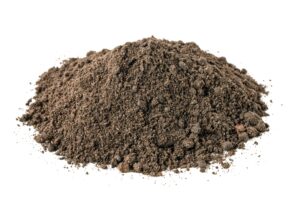
Veggie Mix
Veggie mix soil, also known as vegetable garden soil or vegetable mix, is a specialised type of soil blend formulated specifically for growing vegetables in garden beds, containers, and raised beds. This mix is designed to provide the...
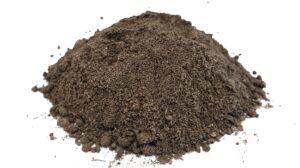
Turf Blend
Turf blend soil, also known as turf mix or lawn mix, is a specialised soil blend designed to provide an optimal growing medium for establishing and maintaining healthy lawns. This type of soil is formulated to support strong root...
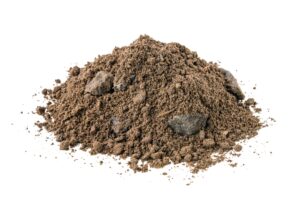
Structural Soil
Structural soil, also known as load-bearing soil or engineered soil, is a specialised type of soil mix designed to provide support for pavements, sidewalks, and other hardscape surfaces while also accommodating healthy tree growth.
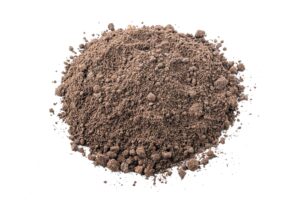
Special Blend
Special blend soil applications refer to the use of customised mixtures of soil amendments and additives to enhance the quality and fertility of soil. The benefits of using special blend soil applications can vary depending on the specific...
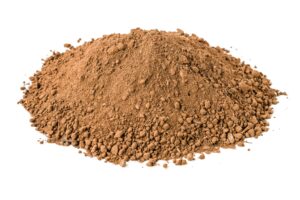
Screened Topsoil
Screened topsoil is soil that has been sifted or screened to remove debris, rocks, and other unwanted materials, resulting in a finer and more uniform texture. This type of topsoil is commonly used in landscaping, gardening, and...
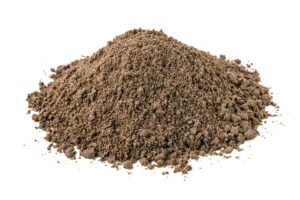
Rooftop Blend
Rooftop blend soil, also known as green roof soil or rooftop garden soil, is specifically formulated for use in rooftop gardens and green roofs. These types of gardens involve growing plants on the roofs of buildings, which can have a...
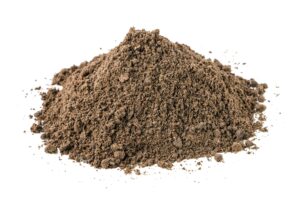
Premium Soil Blend
A “premium soil blend” typically refers to a high-quality mixture of different types of soil and organic matter that is specifically formulated to provide optimal conditions for plant growth, landscaping, and gardening...

Case
studies

Normark
Established in 1977, Normark are a second generation family business specialising in landscape design and construction across Melbourne. "From inner-city Melbourne courtyards to large commercial open spaces, Normark will deliver."

Normark
Established in 1977, Normark are a second generation family business specialising in landscape design and construction across Melbourne. "From inner-city Melbourne courtyards to large commercial open spaces, Normark will deliver."

Normark
Established in 1977, Normark are a second generation family business specialising in landscape design and construction across Melbourne. "From inner-city Melbourne courtyards to large commercial open spaces, Normark will deliver."

Normark
Established in 1977, Normark are a second generation family business specialising in landscape design and construction across Melbourne. "From inner-city Melbourne courtyards to large commercial open spaces, Normark will deliver."

Normark
Established in 1977, Normark are a second generation family business specialising in landscape design and construction across Melbourne. "From inner-city Melbourne courtyards to large commercial open spaces, Normark will deliver."


